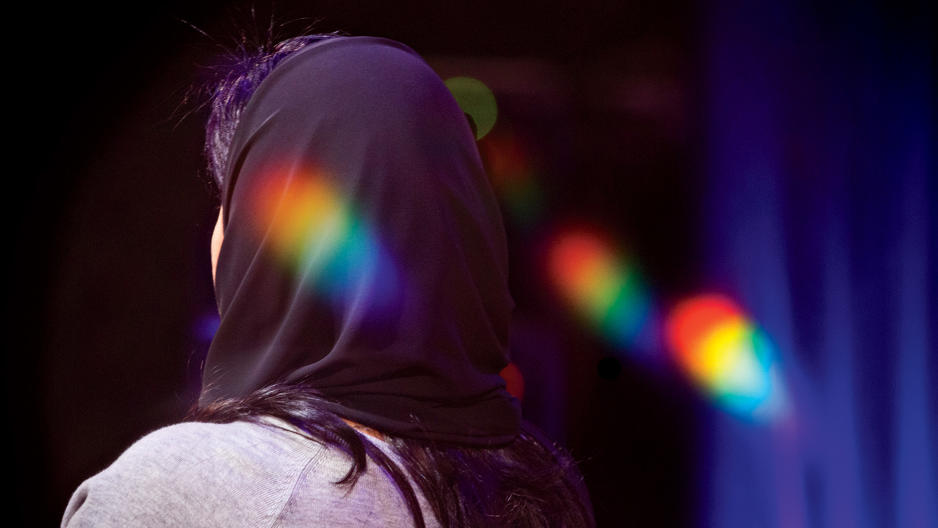A Saudi Princess On How To Make A Difference Without Making Enemies
Be The First Domino
Princess Reema is heading Saudi Arabia’s effort to get women involved in sports and exercise, which is both a health initiative (Saudi women have high rates of obesity and diabetes) and part of a mission to diversify the oil-focused economy. Even developing one sport can have a big impact. Right now, in Riyadh, there is just one small retail chain dedicated to serious sports bikes. “My role would be to look at bicycling—or any sport—and say, ‘How do we expand this?’ We will work with [government agencies] and young entrepreneurs,” she said at the Fast Company Innovation Festival in November. “It’s not just the store that sells the bicycle. You need the individual who is repairing [bikes]. You will [also attract] the store that sells bicycling clothing, and hopefully a bicycle magazine in Arabic. My job is to make all the dominoes fall. But first it’s to set them up.”
Make Yourself Heard—And Also Listen
Because of strict religious codes and a paucity of women in the workplace, Princess Reema often deals with men who’ve rarely or never been in meetings with women. That can work to her advantage. “Because they’re so uncomfortable with it, they listen. That’s actually awkward. I’ll say, ‘I don’t know if I’m right. I’m just voicing an opinion. Feel free to [disagree].’ The other awkward thing in Saudi is a classist society, so I walk in with a title and that makes people want to be quiet. That’s not healthy. I have to repeat, ‘If we’re colleagues, then we’re equals, and if we’re equals, we all have a say.’ We’re working toward the same objective. It’s not that I want resistance—just feedback.”
Try Diplomacy
As a former CEO of a major Saudi retailer and the founder of the social enterprise Alf Khair, Princess Reema has helped women enter the workforce and take control of their own health care. But she’s always been careful not to push too hard. As an example, she mentions Saudi laws that assign every woman a male relative to be her “guardian.” Though she believes guardianship to be outdated, she’s thought carefully about what might change it. “I’m never an advocate for aggressive campaigns. I don’t agree with that methodology, even if the message is correct. The issue is, how do you explain to a community of men who historically are taking care of you that you don’t need them in the same way? You could do it aggressively, or you could say, ‘Thank you for the time and care you’ve given me. I appreciate it. But I’m evolving, and let me show you what I can do.’ I don’t want to minimize it, because it is so difficult for many women. But there’s a better way to handle it.”
A version of this article appeared in the February 2017 issue of Fast Company magazine.
Be The First Domino
Fast Company , Read Full Story
(23)



